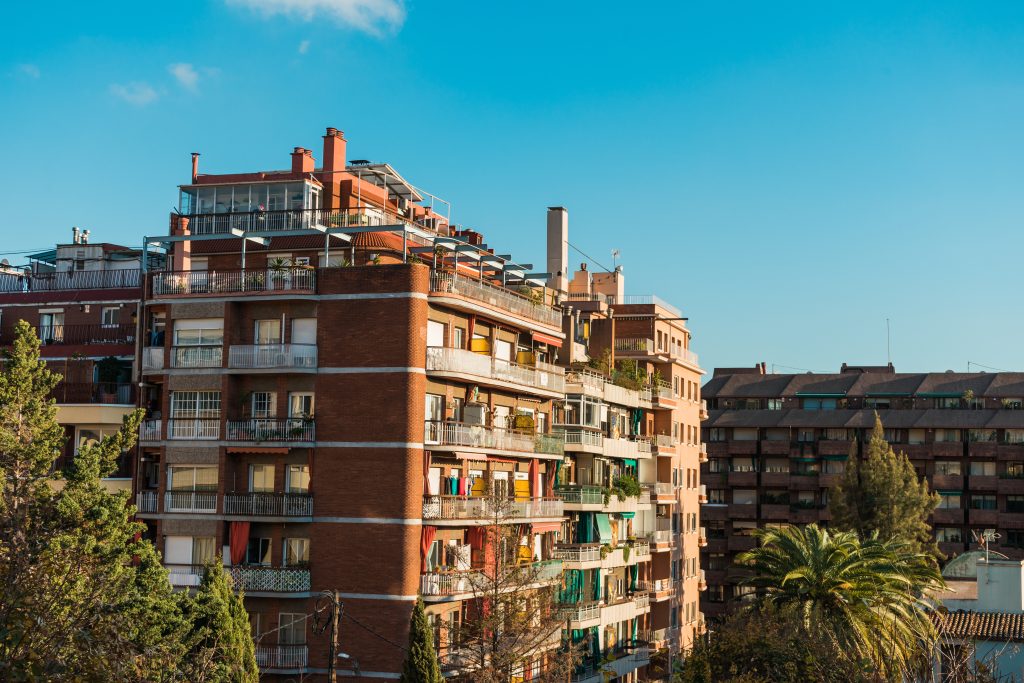Barcelona has taken one of the strongest stances in Europe against short-term tourist rentals. Mayor Jaume Collboni announced that by November 2028, the city will stop renewing licenses for apartments used as tourist accommodation. Around ten thousand properties will be affected. The aim is to return housing to local residents and make living in the city more affordable.
The mayor described the measure as “extraordinary action for an extraordinary situation.” He argued that the city must defend the right of citizens to live in their own neighborhoods. The decision also calls for urgent European Union support on housing, reflecting how the crisis extends beyond national borders.
Why the Change?
In recent years, Barcelona has struggled with rising rents and a shortage of long-term housing. The growing number of short-term tourist flats has reduced availability for residents, while rent prices have surged by more than sixty percent over the past decade in some districts.
To control this trend, the city introduced a rent cap for long-term leases in 2024. Since the measure took effect, rents have decreased by around nine percent. Local authorities now see this as proof that regulating the housing market can work when combined with broader reforms.

The Economic Impact: What to Expect
1. More Housing Supply
Ending tourist rental licenses could bring thousands of apartments back to the regular housing market. This increase in supply is expected to ease pressure on rents and make the city more accessible for residents and young families.
2. Lower Rents, Gradual Stabilization
Data already show that average rents have fallen since the introduction of the rent cap. As more homes shift from short-term to long-term use, further moderation in prices is likely. This could help slow down the trend of locals being priced out of central districts.
3. Effects on Tourism
The tourism industry will feel the impact. Short-term rentals have been a profitable part of Barcelona’s visitor economy. Limiting them could reduce tourist accommodation capacity and redirect visitors to hotels or nearby towns. While this may slightly affect tourism revenue, city officials believe it will promote a more balanced and sustainable tourism model.
4. Property Owners and Investors
Many property owners oppose the ban, warning that it could reduce property values and create legal disputes. Investors in the real estate market may become more cautious, which could slow new development in the short term. On the other hand, it could also redirect investment toward affordable and long-term housing projects.
5. A Broader Social Impact
Beyond the numbers, this reform is about social equity. Housing has become one of the biggest challenges in European cities, where residents often spend over a third of their income on rent. Barcelona’s approach shifts the focus from tourism profits toward the everyday needs of its citizens.
Looking Ahead
Barcelona’s decision represents a turning point in how major cities approach housing and tourism. By phasing out short term rentals and regulating rents, the city is testing whether strict local policies can restore balance to overheated housing markets. The outcome will be closely watched across Europe.
If the measures succeed, they could become a model for other urban centers facing the same tension between tourism and livability. For now, Barcelona stands as a symbol of bold political action in defense of residents’ right to stay in their own city.









